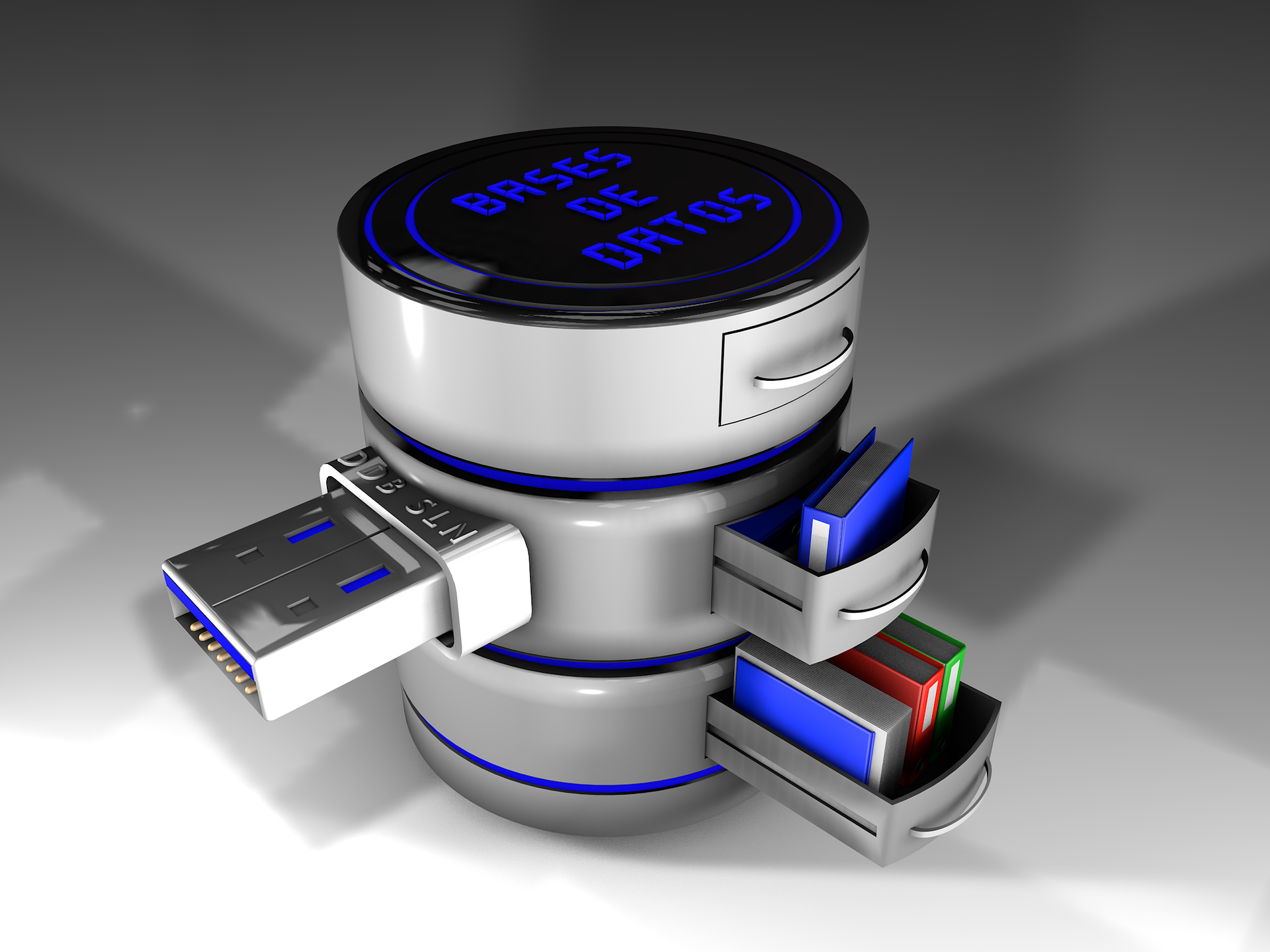The quality of research with real-world evidence
Abstract
Most of the medical practice has not been proven by controlled clinical trials, and there are no plans to conduct such trials in order to decrease clinician uncertainty. This happens partly due to the difficulty of making designs with scientific and ethical validity, the costs of this type of research and the time required to generate results, which can be several years. Clinical trials do not have the capability to generate information that allows to make decisions in some sectors of clinical care and public health, such as when an epidemic occurs. Therefore, medical science is based on observational studies, past practices and therapeutic tradition (1).
Observation of clinical data that have defined a clinical behavior precedes the clinical trial. The knowledge about scurvy, the fact that this pathology is considered a nutritional deficiency and its treatment with citrus fruits, originated thanks to the collection of clinical data on sailors, soldiers and prisoners of the British Crown in the 18th and 19th centuries (2). This clinical information, which was collected uniformly and served to produce new knowledge, is what is now known as Real World Data (RWD). A modern definition of RWD would be one that talks about data obtained by any non-interventionist methodology that is collected prospectively and retrospectively from observations of routine clinical practice, and which comes from various sources including data from patients, doctors, hospitals, payers, social data, etc (3).
Authors
Downloads
Keywords
- The quality of research
- Editorial Policies
- Data Collections
- Peer Review / standards
- Data collection
- Epidemiologic Methods
- Medical Records Systems, Computerized
- Reproducibility of Results
- Ethical Analysis
- Real World Data
- Real World Evidence
- RECORD Statement
- Reporting guidelines to pharmacoepidemiological research
- RECORD_PE
- REporting of studies Conducted using Observational Routinely-collected Data
References
Frieden TR. Evidence for Health Decision Making - Beyond Randomized, Controlled Trials. Drazen JM, Harrington DP, McMurray JJV, Ware JH, Woodcock J, editors. N Engl J Med [Internet]. 2017 Aug 3 [cited 2020 Mar 18];377(5):465-75. Available from: http://www.nejm.org/doi/10.1056/NEJMra1614394 https://doi.org/10.1056/NEJMra1614394 PMid:28767357
Harrison M. Scurvy on sea and land: Political economy and natural history, c. 1780-c. 1850. J Marit Res. 2013 May 1;15(1):7-25. https://doi.org/10.1080/21533369.2013.783167 PMid:25717391 PMCid:PMC4337985
Makady A, de Boer A, Hillege H, Klungel O, Goettsch W. What Is Real-World Data? A Review of Definitions Based on Literature and Stakeholder Interviews. Value Heal. 2017 Jul 1;20(7):858-65. https://doi.org/10.1016/j.jval.2017.03.008 PMid:28712614
Maissenhaelter BE, Woolmore AL, Schlag PM. Real-world evidence research based on big data: Motivation-challenges-success factors. Onkologe. 2018 Nov 1;24(Suppl 2):91-8. https://doi.org/10.1007/s00761-018-0358-3 PMid:30464373 PMCid:PMC6224010
Briere JB, Bowrin K, Taieb V, Millier A, Toumi M, Coleman C. Meta-analyses using real-world data to generate clinical and epidemiological evidence: a systematic literature review of existing recommendations. Vol. 34, Current Medical Research and Opinion. Taylor and Francis Ltd; 2018. p. 2125-30. https://doi.org/10.1080/03007995.2018.1524751 PMid:30217138
Moore N, Blin P, Droz C. Pharmacoepidemiology. In: Handbook of Experimental Pharmacology. Springer; 2019. p. 433-51. https://doi.org/10.1007/164_2019_318 PMid:31768750
Yuan H, Ali MS, Brouwer ES, Girman CJ, Guo JJ, Lund JL, et al. Real-World Evidence: What It Is and What It Can Tell Us According to the International Society for Pharmacoepidemiology (ISPE) Comparative Effectiveness Research (CER) Special Interest Group (SIG). Vol. 104, Clinical Pharmacology and Therapeutics. Nature Publishing Group; 2018. p. 239-41. https://doi.org/10.1002/cpt.1086 PMid:29733448
Lee D, Brereton N, Dhanasiri S, Kulasekararaj A. The Role of Real-World Evidence in UK Reimbursement: Case Study of Lenalidomide in Myelodysplastic Syndrome Deletion 5q. PharmacoEconomics - Open. 2019 Sep 1;3(3):351-8. https://doi.org/10.1007/s41669-018-0110-3 PMid:30552652 PMCid:PMC6710314
Schuller Y, Biegstraaten M, Hollak CEM, Klümpen HJ, Gispen-De Wied CC, Stoyanova-Beninska V. Oncologic orphan drugs approved in the EU - Do clinical trial data correspond with real-world effectiveness? Orphanet J Rare Dis. 2018 Nov 28;13(1). https://doi.org/10.1186/s13023-018-0900-9 PMid:30486835 PMCid:PMC6263065
Villas Boas PJF, Spagnuolo RS, Kamegasawa A, Braz LG, Polachini Do Valle A, Jorge EC, et al. Systematic reviews showed insufficient evidence for clinical practice in 2004: What about in 2011? the next appeal for the evidence-based medicine age [Internet]. Vol. 19, Journal of Evaluation in Clinical Practice. 2013 [cited 2020 Mar 18]. p. 633-7. Available from: http://www.ncbi.nlm.nih.gov/pubmed/22747638 https://doi.org/10.1111/j.1365-2753.2012.01877.x PMid:22747638
Courtright K. POINT: Do Randomized Controlled Trials Ignore Needed Patient Populations? Yes [Internet]. Vol. 149, Chest. Elsevier Inc; 2016 [cited 2020 Mar 18]. p. 1128-30. Available from: http://www.ncbi.nlm.nih.gov/pubmed/27157212 https://doi.org/10.1016/j.chest.2016.01.029 PMid:27157212
Schneeweiss S. Learning from big health care data. N Engl J Med. 2014;370(23):2161-3. https://doi.org/10.1056/NEJMp1401111 PMid:24897079
Khosla S, White R, Medina J, Ouwens M, Emmas C, Koder T, et al. Real world evidence (RWE) - a disruptive innovation or the quiet evolution of medical evidence generation? F1000Research. 2018;7:111. https://doi.org/10.12688/f1000research.13585.2 PMid:30026923 PMCid:PMC6039945
Glasziou P, Altman DG, Bossuyt P, Boutron I, Clarke M, Julious S, et al. Reducing waste from incomplete or unusable reports of biomedical research. Vol. 383, The Lancet. Lancet Publishing Group; 2014. p. 267-76. https://doi.org/10.1016/S0140-6736(13)62228-X
Benchimol EI, Smeeth L, Guttmann A, Harron K, Moher D, Peteresen I, et al. The REporting of studies Conducted using Observational Routinely-collected health Data (RECORD) Statement. PLoS Med. 2015;12(10). https://doi.org/10.1371/journal.pmed.1001885 PMid:26440803 PMCid:PMC4595218
Langan SM, Schmidt SA, Wing K, Ehrenstein V, Nicholls SG, Filion KB, et al. The reporting of studies conducted using observational routinely collected health data statement for pharmacoepidemiology (RECORD-PE). BMJ [Internet]. 2018 Nov 14 [cited 2019 May 27];363:k3532. Available from: https://www.bmj.com/content/363/bmj.k3532.full https://doi.org/10.1136/bmj.k3532 PMid:30429167 PMCid:PMC6234471
Oehrlein EM, Graff JS, Perfetto EM, Mullins CD, Dubois RW, Anyanwu C, et al. Peer-reviewed journal editors' views on real-world evidence. Int J Technol Assess Health Care [Internet]. 2018 Jan [cited 2020 Mar 19];34(1):111-9. Available from: http://www.ncbi.nlm.nih.gov/pubmed/29415784 https://doi.org/10.1017/S0266462317004408 PMid:29415784
Lipworth W, Mason PH, Kerridge I, Ioannidis JPA. Ethics and Epistemology in Big Data Research. In: Journal of Bioethical Inquiry. Springer Netherlands; 2017. p. 489-500 https://doi.org/10.1007/s11673-017-9771-3 PMid:28321561

Copyright (c) 2019 Universidad del Valle

This work is licensed under a Creative Commons Attribution-NonCommercial 4.0 International License.
The copy rights of the articles published in Colombia Médica belong to the Universidad del Valle. The contents of the articles that appear in the Journal are exclusively the responsibility of the authors and do not necessarily reflect the opinions of the Editorial Committee of the Journal. It is allowed to reproduce the material published in Colombia Médica without prior authorization for non-commercial use


 https://orcid.org/0000-0001-8091-9954
https://orcid.org/0000-0001-8091-9954


















